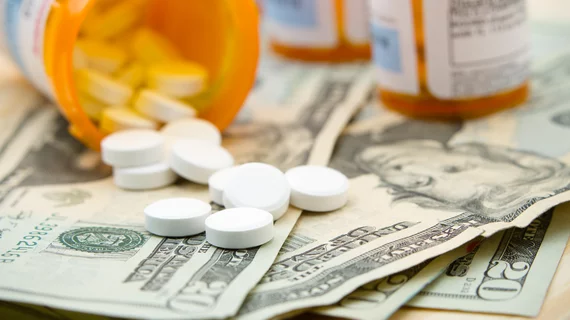Axios: Higher US drug prices don’t translate to better health
The United States pays far more for prescription drugs than other countries, but health outcomes aren’t much better––and sometimes, they’re worse––according to Axios.
The pharmaceutical industry frequently justifies its higher prices by arguing it provides resources for research and development. However, being unable to pay for these drugs could void that argument or at least bring up questions about why consumers have to pay so much.
At the same time, the prices do not reflect quality, or better care. The United States was ranked last in healthcare outcomes in a 2017 Commonwealth Fund report that weighted 10 other wealthy countries.
While health outcomes have yet to improve, the Trump administration continues to propose new initiatives to lower prescription drug prices in Medicare.
See the full story below:

